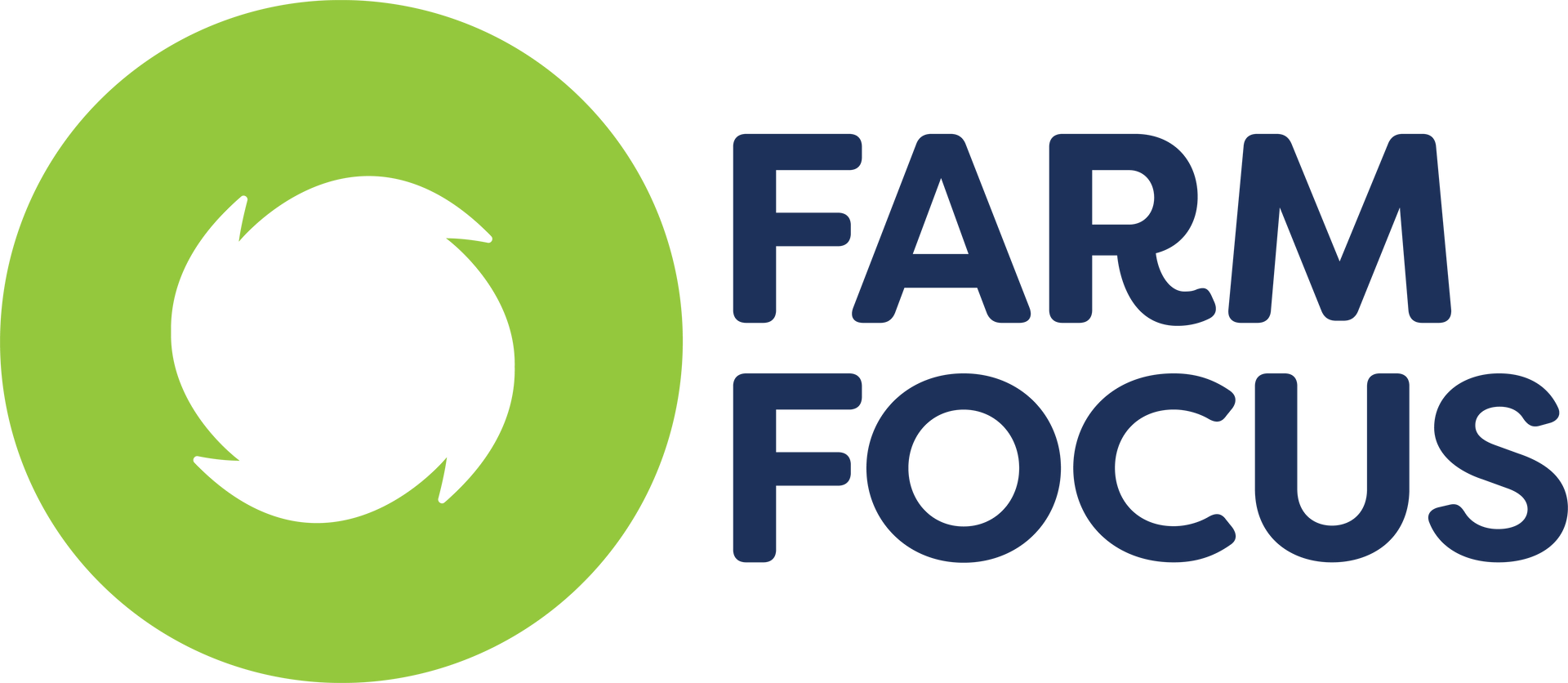Five Reasons You Need a Business Plan
Writing a business plan does not mean you have to hide away in a quiet place for weeks compiling a 20-plus page document. Chances are you will never look at the document again either because it is too big. It will have pride of place in the bottom drawer of your desk.
A business plan on a page is what is required. A business plan on a page as developed and used here at Coombe Smith contains all you need. Vision, values, objectives, KPI's targets and 4 - 5 goals with strategies on how to get there. The plan can be for 3 months or 3 years. The business plan on a page can have pride of place laminated on your desk or wall where you can refer to each day.
You need to plan to get somewhere and a business plan is the blueprint for success. You will want to plan in more detail if you are raising capital, finance or taking on a lot of risk-like investing your savings, leaving a job, or supporting a family. Less detail is fine if you are not raising money or taking on much risk. Nevertheless, either way, you need a plan, and here is why:
1. To avoid big mistakes:
The last thing you want to do is work on your start-up for a year, only to realise you were doomed to fail from the start. Many founders learn the hard way that they did not set aside enough capital to reach their goals, took on partners with the wrong skills and resources, or do not have a viable way to make money. Developing and sharing a business plan can help ensure that you are sprinting down the right path.
2. To counterbalance your emotions:
At times during your start-up experience, you will be manic-so passionate about your ideas you lose sight of reality. At other times, you will be overwhelmed by doubt, fear, or exhaustion. When your emotions get the best of you, having a business plan lets you step back, and take an objective look at what you are doing and why, what you know for a fact and what you are trying to figure out.
3. To make sure everyone's on the same page:
Chances are, you are not building a company by yourself. Ideally, you will have partners, so you can launch faster, smarter, and with less need to pay employees or suppliers. Even if you do not have partners, you will have family, friends, and advisers involved. A business plan helps get everyone involved in your start-up heading in the same direction.
4. To develop a game plan:
At a start-up, execution is everything. That means you have to set priorities, establish goals, and measure performance. You also need to identify the key questions to answer, like "What features do customers really want?" "Will customers buy our product and how much will they pay?," and "How can we attract customers in a way that's cost effective and scalable?" These are all things you will address during the business planning process.
5. To raise capital.
If you raise or borrow money-even from friends and family-you will need to communicate your vision in a clear, compelling way. A good business plan will help you do just that.







